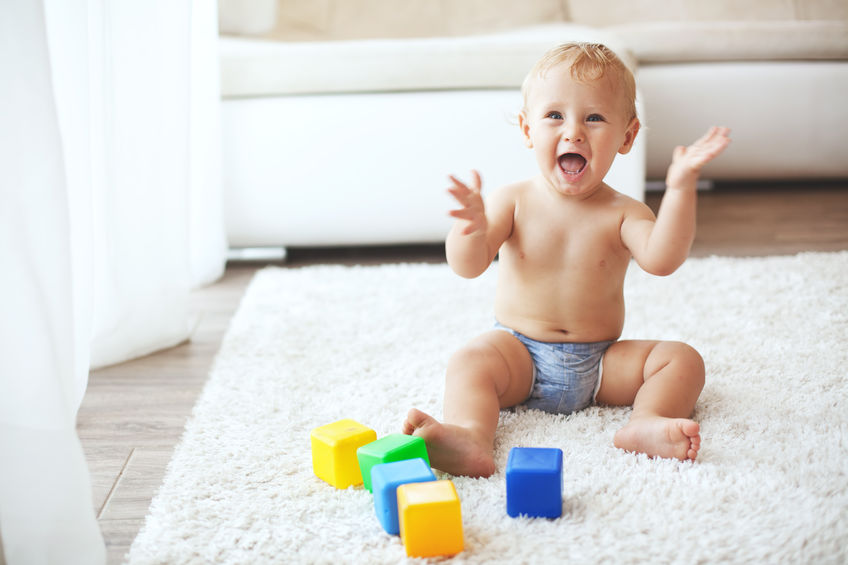Falls are the most common cause of accidental injury to children. Most falls are not serious but some can lead to death or disability. There are simple things you can do to prevent serious falls. Parents / carers are often surprised by what their child can do.
Before your child starts crawling:
- Never leave your baby unattended even for a moment on a raised surface e.g a bed or changing table.
- Nappy changing is best done on the floor.
- Always place baby car seats and bouncing chairs on the floor.
- Strap your baby into their high chair every time.
- Keep a hand free to hold on when carrying your baby up or down the stairs.
- Keep stairs free of clutter and discourage older children from playing on the stairs.
- Before your baby starts to crawl, fit safety gates to stop them climbing stairs or falling down them. Close the gates properly after you go through them.
When your child starts crawling:
- If the gaps between banisters or balcony railings are more than 6.5cm (2.5 inches) wide, cover them with boards or safety netting.
- Be aware that babies might climb up on furniture. Keep low furniture away from windows.
- Once a baby can sit up, remove large toys from the cot to prevent them climbing out.
When your child starts to walk they are likely to be unsteady on their feet:
- Carry on using safety gates at the top and bottom of stairs until your infant is at least 2 years old.
- Start to teach your child how to climb stairs but never let them go up and down on their own (even 4 year olds may need some help).
- Don’t let children under 6 sleep in the top bunk of a bunk bed as they can easily fall out.
- Keep low furniture away from windows. Ensure that windows are fitted with locks or safety catches so that they do not open more than 10cm (4”). Keep window keys where you can find them in case you need to escape a fire.
- Special devices can stop doors from closing properly, preventing your child’s fingers getting trapped.
- If furniture has sharp corners, use corner protectors to prevent your child from hurting their head.
- Do not let young children go out onto balconies alone. Keep the door locked when not in use.
- Supervise young children on play equipment. Make sure that it is appropriate for their developmental stage.
For more information visit the Child Accident Prevention Trust website.




